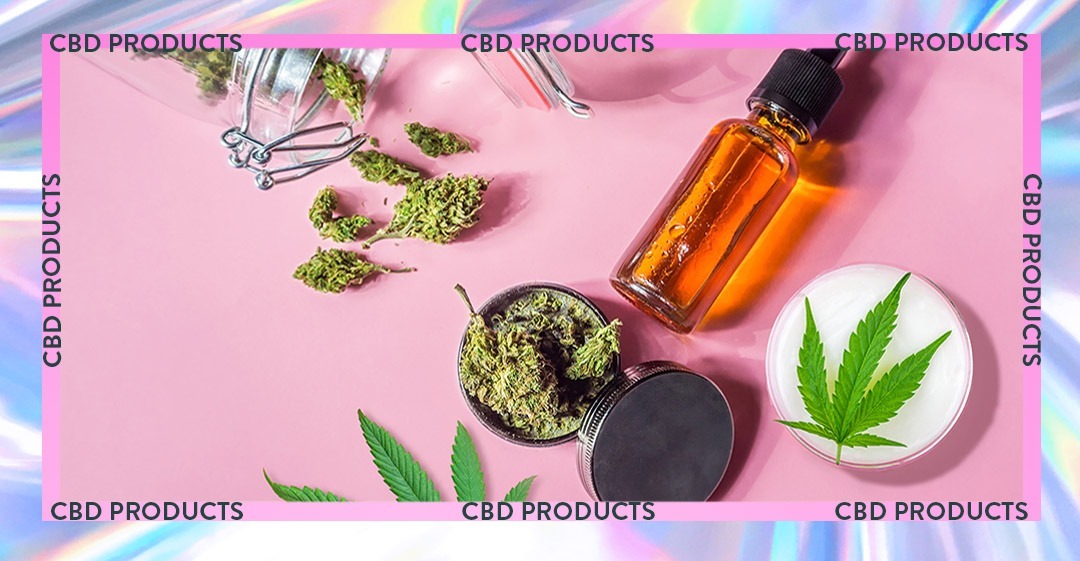Cannabidiol (CBD) has gained popularity for its potential therapeutic benefits, but it’s essential to consider potential negative aspects as well. This comprehensive guide discusses the negative aspects associated with CBD products, providing insights from governmental bodies and academic sources.
Introduction
Cannabidiol (CBD) is a compound derived from the cannabis plant, and while it is generally considered safe, there are some negative aspects to be aware of when using CBD products.
Lack of Regulation
Limited FDA Oversight
The U.S. Food and Drug Administration (FDA) has not yet established comprehensive regulations for CBD products. This lack of oversight can lead to inconsistencies in product quality and safety.
Quality Control Issues
The absence of stringent quality control standards can result in variations in CBD product potency and purity. Some products may contain contaminants, such as pesticides or heavy metals, which pose health risks. Buy vape pen battery from a vessel brand.
Potential Side Effects
Drowsiness and Fatigue
Some individuals may experience drowsiness or fatigue when using CBD, especially at higher doses. This can impair their ability to drive or operate heavy machinery.
Digestive Issues
CBD may cause digestive problems in some users, including diarrhea, nausea, or changes in appetite. These side effects can be uncomfortable and disruptive.
Drug Interactions
CBD has the potential to interact with certain medications, including blood thinners and drugs that affect liver enzymes. This can lead to unexpected side effects or reduced medication efficacy.
Lack of Long-Term Studies
Limited Research on Long-Term Effects
While there is some research on the short-term effects of CBD, there is a lack of comprehensive, long-term studies. This makes it challenging to assess the potential risks associated with prolonged CBD use.
Legal Ambiguity
Varying Legal Status
The legal status of CBD varies by country and state, leading to confusion among consumers. In some places, CBD products may be illegal or subject to strict regulations, creating legal risks for users.
Inconsistent Product Labeling
Inaccurate Product Labeling
Some CBD products may be inaccurately labeled in terms of CBD content. This can mislead consumers about the actual dosage they are consuming, potentially leading to unwanted effects.
HHC gummies
HHC gummies are a type of edible product that contains HHC, short for hexahydrocannabinol. HHC is a synthetic cannabinoid designed to mimic the effects of delta-9 tetrahydrocannabinol (delta-9 THC), a psychoactive compound found in cannabis. HHC is one of the many analogs of delta-9 THC created for research and recreational purposes.
These gummies typically contain a specific dosage of HHC and are consumed orally. When ingested, HHC can produce psychotropic effects similar to delta-9 THC, including feelings of euphoria, relaxation, and altered perception. The appeal of HHC gummies lies in their potential to provide a recreational experience while potentially offering a milder or different high compared to delta-9 THC.
Conclusion
While CBD holds promise as a potential therapeutic agent, there are negative aspects to consider. These include the lack of comprehensive regulation, potential side effects, limited long-term research, legal ambiguity, and inconsistent product labeling. Consumers should exercise caution, consult with healthcare professionals, and purchase CBD products from reputable sources to mitigate these risks. It is important to stay informed about developments in CBD research and regulations to make informed decisions about its use.



